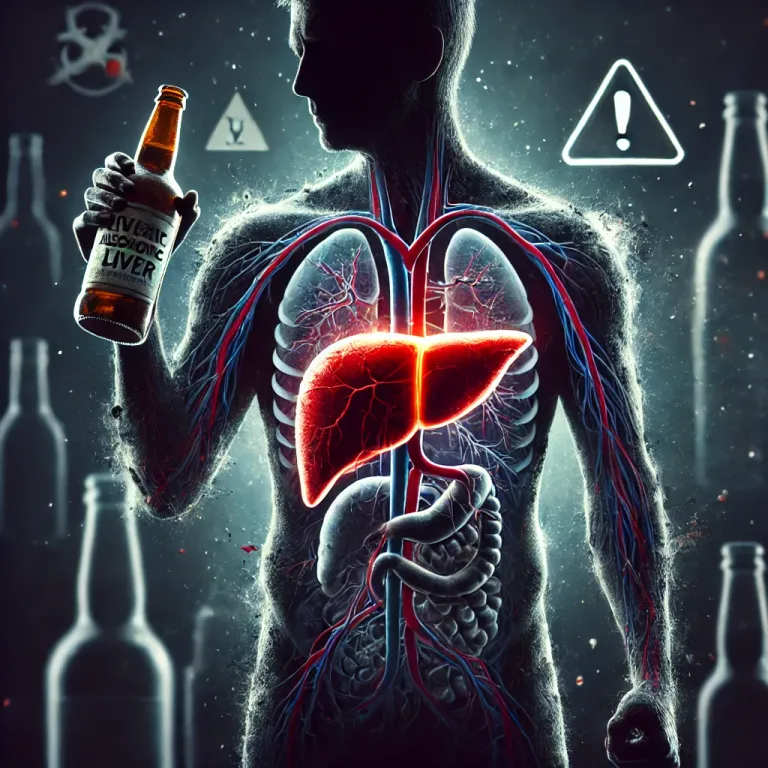
I just read a story about a lady who would drink and eat anything she liked, how she liked and because she wasn't gaining weight, she felt it was ok until she fell ill and the doctors told her that her chance of survival depended on her ability to get a new liver for a transplant.
How does one go from having a fully functioning liver to needing a transplant? Let's put some perspective to it. If there is any organ in the body that acts like the Wolverine in terms of its ability to heal itself after it has been injured, it is the liver. The liver could still be functioning at full capacity even when only about 20% of the liver is viable.
Yes, the liver is that good, and a lot of times we take this goodness for granted by stretching this ability to the point that the liver cannot take anymore insults to it. One way is through the consumption of a substance called alcohol.
Alcohol in our society today

Alcohol has become a part of our modern society maybe because it has been a part of society for ages. Every party, picnic, or fun gathering is not complete if there is no bottle of wine, or spirit or beer to mark the occasion. People mark historic achievements and celebrate landmark results by "popping a bottle of champagne", or something similar.
The disinhibition that alcohol provides has become a medium for people to let themselves go, and be free from anxiety and all of the things that make them unable to enjoy the liberty of life and freedom. The feeling that alcohol gives has become something of a craving for some who seem unable to give up the habit of having an alcoholic breverage everytime they come across an obstacle/challenge.
I recall talking to a few people about their habit of drinking and about the fact that it is deleterious to their health. One person in particular looked me in the eye and said;
I live alone, I don't have a job, I do not have any family or friends, and the only thing I have is my television and my bottle of whiskey.
At that point I was at a loss for words, I didn't know what to tell this person to make him feel better. I didn't even know if I should be looking to make him feel better. I was clueless at that point because he had come to a point in his life where alcohol was all he could think about-- of course that is the extreme case. But how many extreme cases started as "having a drink at a party" or "downing a glass or two after a heartbreak"?
Why Alcohol is Bad

Our liver is the organ that is responsible for processing alcohol when it enters the body. Most times, the form in which alcohol enters the body is toxic and the liver has to quickly do the job of converting it to a more tolerable form for the body. In the process, the liver sustains injuries and has to heal itself.
Over time, if the amount of alcohol is overwhelming for the liver, the cells begin to die and those cells are replaced by useless tissue known as fibrous tissue. All of this is a long process that goes through 3 stages, also known as the stages of Alcoholic Liver Disease.
Stages of Alcoholic Liver Disease.
- Alcoholic Fatty Liver: With alcohol consumption, the liver begins to accumulate fat as a result of the way alcohol changes the way the liver works. Alcohol causes the liver to swell and become inflamed. This accumulation of fat in the cells may result in a few symptoms like abdominal discomfort, tiredness, or a feeling of heaviness in the upper abdomen.
It is completely reversible once the consumption of alcohol is stopped. The liver sheds to added fat and returns to normal functioning within a few weeks. Most times, there are no symptoms at this stage and it is usually discovered as a mistake when doing a scan of the liver looking for something else.
- Alcoholic Hepatitis: If an individual continues consuming alcohol, the liver swells and becomes inflamed. This is usually a result of the liver's attempt at repairing itself from the toxic effects of the by-product of alcohol metabolism.
At this stage, some people could experience a mild fever, yellowing of the eyes and skin(jaundice), abdominal pain, vomiting and tiredness. If it is severe, it can cause the liver to fail.
If it is a mild case, the liver usually recovers, but severe cases may lead to permanent liver damage.
- Alcoholic Cirrhosis: Some days ago, I put up a medical trivia describing a man who was short of breath and had swelling in both his feet. He was a case of Liver Failure due to Alcoholic Liver Cirrhosis. This happens when the liver has become so overwhelmed that it can no longer carry out constant repairs to the damage that is being caused by the metabolism of alcohol.
When this happens, the liver cells are replaced by useless tissue that permanently hinders the ability of the liver to function. At this stage, the symptoms would be that of liver failure: swollen abdomen and/or legs, easy bruising, jaundice, bleeding from the anus, etc. The only remedy here would be to replace the liver using a liver transplant.
Do you really need the alcohol?

Now that you have an idea what alcoholic liver cirrhosis is, the question I am obliged to ask you is:
Knowing this, do you still think you need to drink alcohol?
Some have advocated that you should drink in moderation, if you drink at all you will be fine. I usually have a problem with such claims.
Let us imagine that one day, rat poison becomes safe-as long as you don't take too much. If you took one or two a day, you would be fine. We know there is no health benefit to taking rat poison, it just makes one feel good. You only need to take it in moderation.
Would you, based on the above information decide to take rat poison, even in moderation? A poison is a poison, and yes, in some instances the dose determines how bad it is, but it does not in any way, make it less of a poison.
Is alcohol poison? Well, if you knew that drinking something would eventually cause your liver to fail and might eventually cost your life, what would you call it?
In Summary
Alcohol has no benefits to the body. It makes you feel good, but the cost may not be worth the risk.
Thanks for coming to my TED talk
I am Covenant, a Medical Doctor with a passion for holistic medicine-( fancy word for treating a patient as an individual and not just addressing their symptoms).
My focus lies in the deep connection between mental health and overall wellbeing, and I create content across various medical topics with an emphasis on mental health. Follow me for insights into holistic medicine and approaches to health and wellness.
Thumbnail is AI generated